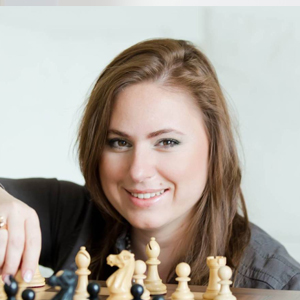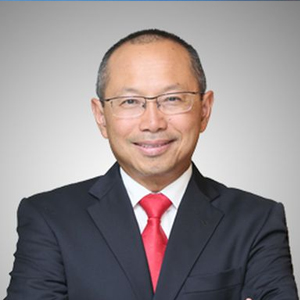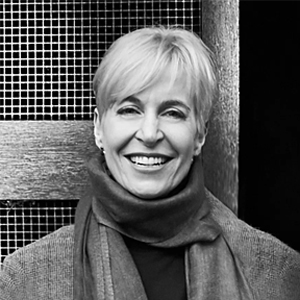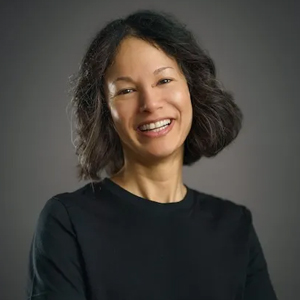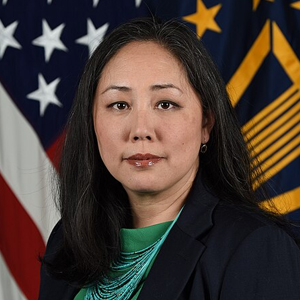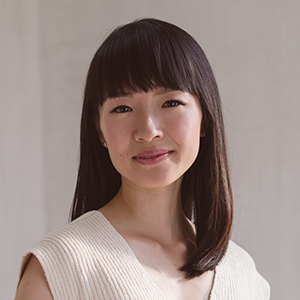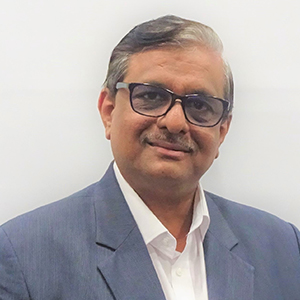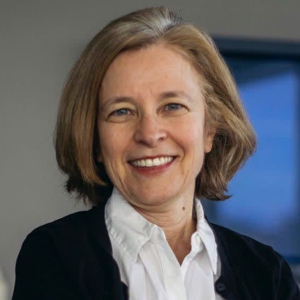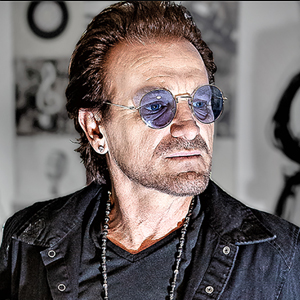In 1991 Judit Polgár became the youngest ever Grandmaster at just 15-year-old. She is generally regarded as the strongest female chess player of all time and in 2001 was proclaimed the Female Chess Player of the Century.
At the age of 9, Polgár won her first international tournament in New York. This became a cover story in The New York Times. She was 11 when she defeated a Grandmaster for the first time. She became a world youth champion at the age of 12, and then 14 against boys only.
The goal for Polgár, and her parents, was the adult absolute world champion title, not the women’s world leadership. As such, she only sat down at open and men’s tournaments. At her last two women’s tournaments, at the age of 12 and 14, her sisters Susan and Sofia, Ildiko Madl and Polgár won the first- and second-Women’s Olympic Champion’s titles in Hungarian chess history.
Shortly after the 1988 Thessaloniki Chess Olympiad, Polgár topped the women’s world rankings, which she had held for 26 years (a Guinness World Record) and after the 1990 Novi Sad Olympic gold, she competed exclusively in men’s or open competitions, in the latter cases, occasionally playing with women, too.
Polgár won the title of International Grandmaster in 1991, at the age of 15, breaking the record of the legendary Bobby Fischer and becoming the youngest Grandmaster of all times. In the same year, she also won the Hungarian Men’s Super-Championships in Budapest. Between 1990 and 2000, she won or tied for first place at 20 tournaments and, in 1999, Polgár reached the quarterfinals at the Las Vegas World Championship.
By 2004, Polgár had advanced to the 8th place in the absolute world rankings, and in 2005, she had the chance to play for the men’s world title in San Louis. Speaking of world leaders: Polgár has defeated 11 (e.g., Boris Spassky, Anatoly Karpov, Garry Kasparov, Viswanathan Anand, Magnus Carlsen) out of a total of 20 world champions of chess history, at international competitions. She won a bronze medal at the Men’s European Championships in 2011, has represented Hungary eight times as a member of the men’s team at the Chess Olympiad, having won two silver medals, the second one in 2014.
The 2014 Chess Olympiad in Tromsø was Polgár’s last tournament as an active professional chess player. Setting the chess clock aside Polgár has stayed by the board both literally and figuratively speaking; she is now focusing on her family, the international promotion of the sport, book writing and the Judit Polgár Chess Foundation, which she established in 2012. Her first attempt at writing was a three-volume book which received two international awards. In the books, she writes about her career to date and shares the knowledge she gained through her most interesting and instructive games. Under the auspices of the foundation and with the involvement of experts and educators, she has developed a new and unique educational methodology for preschool and elementary school children. Since 2013, in the lower grades of primary schools in Hungary, “Skill Development Chess” can be chosen as an independent subject. Chess Playground for pre-schoolers, as well as the Chess Palace Program for schoolchildren which has received attention abroad: In China, several educational institutions apply this methodology by means of a series of textbooks and teachers’ aids complied by Polgár’s foundation.
Having retired from professional chess, Polgár now focuses on refining her education programs and the integration of chess therein. She has also been organizing the annual Global Chess Festival in Budapest which is linked to her foundation and continues to promote the sport at various talks including TED and TEDx. Additionally, in 2015, Polgár became the coach of the Hungarian men’s chess team who under her leadership, won a bronze medal at the European Championships in Iceland.
“I firmly believe in gender equality.” Polgár believes her story can be an inspiration for girls, an example of perseverance, of the work done in order to achieve a goal and of never giving up on one’s dreams. Which when 2016, the United Nation’s invited her to be the first European to become a member of the ‘UN WOMEN Planet 50-50 Champion Team’ and to represent women in international social life, she happily accepted. In 2018, Polgár became an honorary vice-president of the International Chess Federation working as an expert commentator at major international tournaments and world championships
